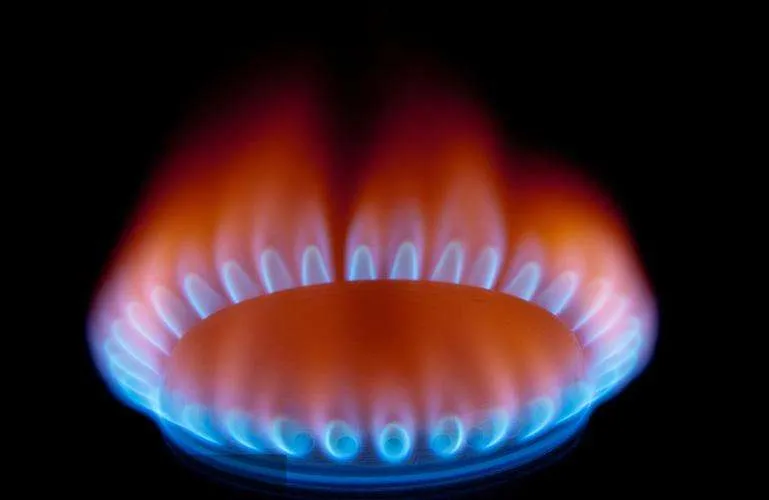The cost-effectiveness of induction heating compared to gas heating depends on various factors, including the application, local energy prices, efficiency rates, and initial setup costs. As of my last update in 2024, here’s how the two compare in general terms:
Efficiency and Operating Costs
- Induction Heating: Induction heating is highly efficient because it directly heats the object using electromagnetic fields, with minimal heat loss to the surrounding environment. This direct method of heating often results in quicker heating times compared to gas heating. Since it uses electricity, its cost will depend on local electricity rates, which can vary widely around the world.
- Gas Heating: Gas heating, which often involves combustion to produce heat, can be less efficient due to heat loss through exhaust gases and the surrounding environment. However, natural gas is typically cheaper per unit of energy produced than electricity in many regions, which can offset the efficiency differences and make gas heating cheaper in operational costs in those areas.
Setup and Maintenance Costs
- Induction Heating: The upfront cost for induction heating equipment can be higher than conventional gas heating setups. Induction heaters also require a supply of electricity, which might necessitate upgrades to the electrical system in some instances. On the maintenance side, induction systems generally have fewer moving parts and do not combust fuel, potentially leading to lower maintenance costs over time.
- Gas Heating: Initial setup for gas heating can be lower, especially if the infrastructure for gas is already in place. However, maintenance might be more demanding and costly due to the combustion process and the requirement for venting exhaust gases, checking for leaks in the gas supply, and regular cleaning of combustion chambers.
Environmental Considerations
While not directly related to cost, environmental impact is an increasingly important consideration. Induction heating produces no direct emissions at the point of use, making it a cleaner option if the electricity is sourced from renewable or low-emission sources. Gas heating involves the combustion of fossil fuels, leading to CO2 and potentially other harmful emissions, although advances in technology and the use of biogas can mitigate this impact somewhat.
Conclusion
Whether induction heating is cheaper than gas heating is highly contextual. For areas with low electricity costs, especially where those costs are lower due to a high proportion of renewable energy sources, induction heating can be more cost-effective in the long run, factoring in its higher efficiency and potentially lower maintenance costs. In regions where natural gas is cheap and electricity is expensive, gas heating might be the more economical choice, at least in terms of operating costs. It’s also crucial to consider the specific application (e.g., industrial, commercial, or residential), as the scale and nature of the heating requirements can significantly influence which method is more cost-effective.


